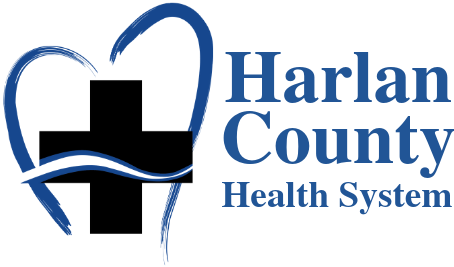Dealing with an injury not only affects your physical health, but also your mental health as well. The physical toll and change in lifestyle can be overwhelming. An injury may prevent you from participating in activities you enjoy, force you to rely on others for help, and take away your independent mobility.
It is easy to see the physical injuries one is dealing with. The crutches or walker, sling, brace, etc. tend to give it away to anyone that is looking. But what about the struggle that occurs within when someone experiences an injury? While it cannot be seen easily, it is often strongly present. Mental health problems are a real and common roadblock on the path to recovery from any injury. One-third of people who experience a major orthopedic injury deal with major depression afterwards, according to Charles Bombardier, PhD, professor and head of clinical and neuropsychology at the University of Washington.
It can be easy to shrug off symptoms of depression or anxiety after an injury as it seems "normal" to feel that way. Almost expected given what traumatic injury and rehabilitation lay ahead. Often, even minor injuries can have a significant impact. Moreover, the more deeply an individual's personality or identity is connected to their physical form or ability/performance, then often is greater the emotional reaction. It is important to notice when you as the patient don't feel like yourself or you have a loved one that is dealing with an injury that doesn't act like they normally do. Some signs to watch for:
- Feeling anxious or angry
- Decreased concentration
- Worrying a lot
- Crying a lot
- Trouble thinking clearly
- Lack of motivation
- Difficulty sleeping
- Headaches
- Stomach or digestive issues that are not common
- Fatigue
- Changes in appetite
- Disengagement from friends or social activities
Any of these symptoms can occur to any age person and should not be ignored. Physical injury can affect your psychological health and your psychological health directly influences the recovery from physical injury.
A great first step to take when you recognize these symptoms, talk to your MD or Physical Therapist. Sometimes medication may be needed but that will be decided by your MD after a consult about your symptoms. Here are some other suggestions for coping with an injury and the emotions that come with such:
- Express your feelings - you don't have to put on a brave face or pretend your "fine."
- Find a positive - it can be difficult to see a silver-lining after an injury but dwelling on what has happened will not help with your recovery process.
- Be realistic - having too high or low expectations of recovery will have an impact on your recovery process.
- Seek support - this may be in many different forms from friends to family members. Could be as simple as a phone call or a hug.
- Journaling - writing down your emotions, fears, hopes may give you a better understanding of your frame of mind and how to combat those negative emotions.
- Counseling - there is no shame in taking care of yourself in all facets of life. Physical therapy can help with the body, counseling would be a great option for the mind, and if you are a faithful person, prayer to heal the spiritual aspect.
While our role at HCHS Rehab is to heal your physical injury and get you back to living life as you desire, we are always available to assist with the mental and emotional side of your injury as well. We have all been there and understand these struggles!
Tora Knaus, PTA
HCHS Therapy Department
Resources: https://spacioustherapy.com/psychological-impact-physical-injury/
https://www.webmd.com/mental-health/emotional-trauma-18/emotional-trauma-treatment
